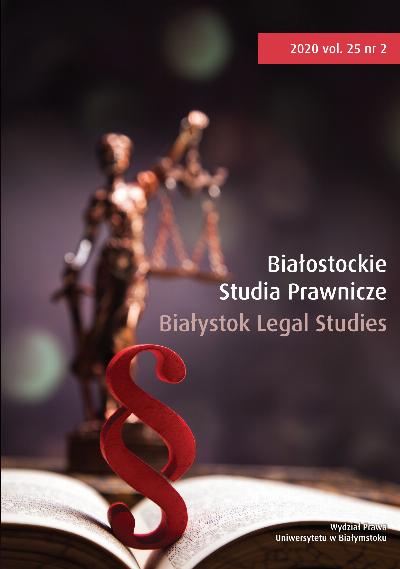Obowiązek czy dobrowolność wyjawienia tajemnicy lekarskiej
Obligation or Voluntary Disclosure of Medical Confidentiality
Author(s): Maria BoratyńskaSubject(s): Social Sciences, Law, Constitution, Jurisprudence, Civil Law, Sociology, Health and medicine and law
Published by: Temida 2
Keywords: medical confidentiality; voluntary disclosure; duty of care; post-mortem opposition; tajemnica lekarska; dobrowolność ujawnienia; obowiązek ostrożności; sprzeciw pośmiertny
Summary/Abstract: The relationship between the patient and medical personnel, related to the satisfying of health needs, is covered by the principle of confidentiality, and the question of possible disclosure requires a statutory basis defined in a strict manner, with the principle of minimisation also imposed by law. The wording of the statutory exceptions does not imply explicitly that the absence of the obligation to maintain secrecy is tantamount to the obligation to disclose it. As a general rule, a doctor is obliged to be discreet, while with regard to exceptions only “the provision does not apply”. The question arises whether and under what circumstances this obligation to disclose exists, and whether it can be legally enforced. There are no clear obligations for the doctor, nor for the amendment of the regulations, allowing the disclosure of medical secrets after the patient’s death with the consent of a close relative, nor the release of secrets by a court in non-contentious proceedings. The place where a doctor released from secrecy should disclose it is only the court conducting a trial in a specific case, when the doctor is summoned as a witness. Medical confidentiality therefore retains its special status, but a change that allows the court to break the patient’s previous objection to it is detrimental to the most personal legal interests of persons who can no longer feel safe with their secrets. It is also a disgrace to doctors who are being urged to break their silence, contrary to fundamental deontological principles. However, the wording of the regulations allows for evasion, dictated by loyalty to the deceased patient who entrusted his/her secrets in the trust that they will be kept even after death.
Journal: Białostockie Studia Prawnicze
- Issue Year: 25/2020
- Issue No: 2
- Page Range: 31-47
- Page Count: 17
- Language: Polish

